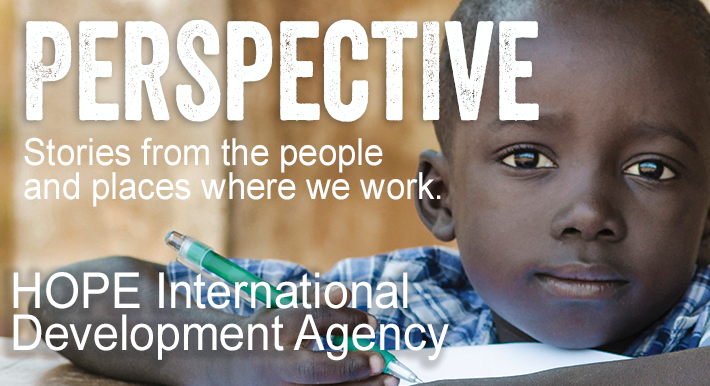The Millennium Development Goals (MDG) oftentimes feel like nothing more than an exercise in measuring just how far short the United Nation’s member states can fall from their intentions.
The organization Water Aid recently released a report stating that it will take two centuries for sub-Saharan Africa to meet the MDG to reduce by half the proportion of people without sustainable access to safe drinking water and basic sanitation. Apparently, water and sanitation are a lot less sexy than sectors like education, and many governments are more inclined to spend money on erecting schools than toilets. We get that — but it’s disappointing.
We, as a organization devoted to helping the world’s most neglected people as efficiently and effectively as possible, know that clean water and sanitation is the ground zero of overcoming poverty. There is no other initiative that can immediately and dramatically improve the standard of living for people — it truly opens the door to every other kind of positive change.
It’s not rocket science. A lack of clean water and sanitation costs sub-Saharan Africa 5% of its Gross Domestic Product every year. Nearly 90% of cases of diarrhea are related to dirty water and a lack of sanitation facilities, and diarrhea is the number-one killer of children.
A refusal to invest in water and sanitation is a profound failure indeed. In fact, “inadequate [water and sanitation] services cost sub-Saharan Africa more than the whole continent receives in development aid - US$47.6 billion in 2009 - according to WaterAid [report] ”
We want to give the kind of aid that decreases the need for aid! Easily accessible, abundant clean water, toilets, and washing facilities will allow people to move forward with their lives. This is the kind of investment that makes people richer, healthier, and stronger. And even if the politicians don’t feel the same way, we feel extremely proud to stand with villagers who are running their clean water taps for the first time. They and we know just how monumental that moment is.
Subscribe to:
Post Comments (Atom)


No comments:
Post a Comment